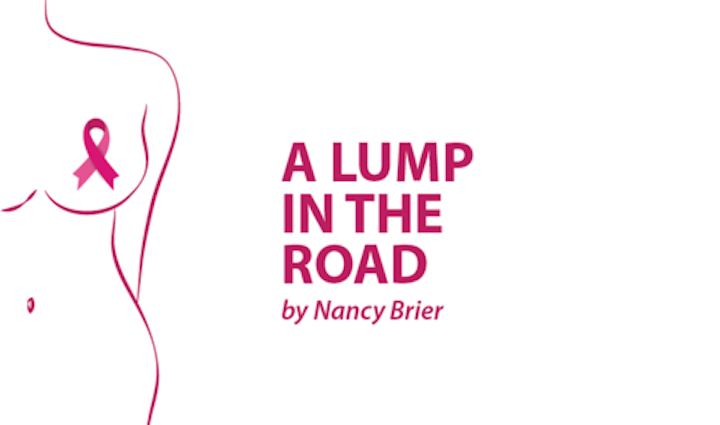I dated a guy in college who described the time he saw a nasty brown stain on his shower floor. When he called his mother, she explained that he would need to clean it with cleanser and a sponge. All his life he assumed that the shower cleaned itself, that the soap, water, and shampoo scoured the floor automatically.
Why would he think differently? After all, his mom took care of these things. But her caretaking came at a cost. When it was time for him to fly on his own, he didn’t know how. It reminds me of that fable about teaching a man to fish — you know the one.
I remembered that guy early into my cancer treatment. Another oncology appointment loomed around the corner, making me aware of my tenuous grip on life. I had triple-negative breast cancer, and the chances that it would come back and kill me were high. Regular scans helped my doctors and me to check my status.
During those days, when I was treading water, I found myself part of a group some people call the “worried watchful.” Much of my mental energy went toward figuring out what to teach my daughter in case I didn’t make it. That’s when I realized that she doesn’t even have chores. Was it too late to teach her to fish?
I grew up in a household of nine people, and everyone in my family had to pull our own weight just to keep things reasonably functional. No one had the luxury of not pitching in.
But Lauren is an only child. Her primary job has been to enjoy childhood and do her best at school. Just before she was born, my husband and I sold our business, moved to a rural area, and let our baby run as wild as she could. She responded more beautifully than I dared hope; she is confident, smart, curious, and kind.
It struck me, though, that sometimes, I mother her too much. Every morning, for example, I pack her lunch for school, carefully maximizing flavor and nutrition. I even add cucumbers and herbs to her water and often write cute notes on her napkin. All she has to do is grab the brown bag on her way out the door. My husband rolls his eyes and tells me it’s time for her to make her own lunches.
When her clothes get ripped, if she loses a button, or if she needs supplies for a project, I take care of it. Now I wonder if I’ve acted in her best interest. I want my child to have good habits, to know how to make a decent meal from ingredients she has on hand and to live in a clean home. I want her to be able to take good care of herself and a family.
This morning, uncharacteristically, I asked her to unload the dishwasher while I finished eating breakfast. “When did we get these plates,” she asked while she pulled them off the rack. We’ve had them all her life. She just never noticed until today, when, for the first time, she had to stack them with the others.
I’ve done her a disservice, I thought.
Cancer has taught me an important lesson in parenting. I know now that it’s more loving to encourage my family to take care of themselves, even if – at least in the short term – they can’t do it as well as I could do it for them.
And I’ve learned that I just have to let some things go. After all, a dirty shower might kill a budding romance, but it isn’t the end of the world.
***
Note: Breast Cancer News is strictly a news and information website about the disease. It does not provide medical advice, diagnosis, or treatment. This content is not intended to be a substitute for professional medical advice, diagnosis, or treatment. Always seek the advice of your physician or other qualified health provider with any questions you may have regarding a medical condition. Never disregard professional medical advice or delay in seeking it because of something you have read on this website. The opinions expressed in this column are not those of Breast Cancer News, or its parent company, BioNews Services, and are intended to spark discussion about issues pertaining to breast cancer.

